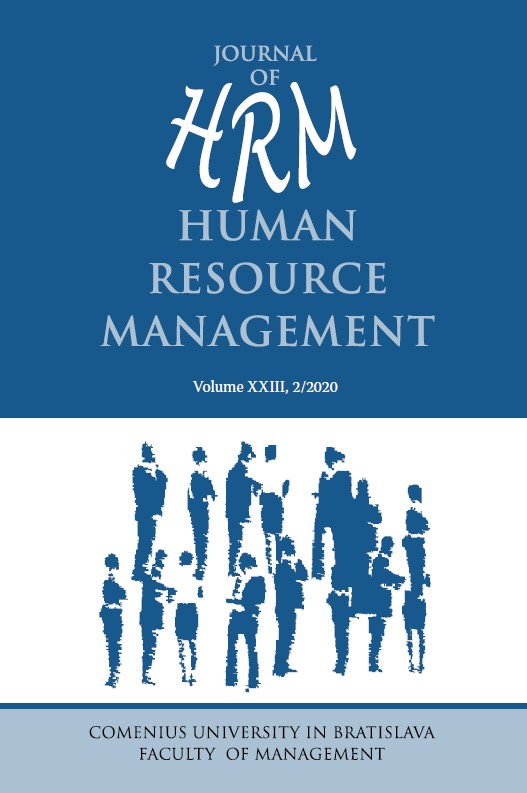Echo chambers and confirmation bias
Echo chambers and confirmation bias
Author(s): Peter KalinaSubject(s): Gender Studies, Human Resources in Economy, ICT Information and Communications Technologies
Published by: Fakulta managementu Univerzity Komenského v Bratislave
Keywords: Google's Ideological Echo Chamber; Confirmation Bias; Social media use; code of conduct;
Summary/Abstract: In July 2017, Google fired a senior engineer based on an internal memo he wrote entitled, “Google's Ideological Echo Chamber.” The manifesto criticized Google’s culture, describing it as an “ideological echo chamber where some ideas are too sacred to be honestly discussed” (Damore, 2017; Inside Google’s ideological echo chamber, 2017). The engineer says his good-faith effort to discuss Google’s diversity policies, gender diversity and the tech sector gender gap could not be tolerated. In part, the memo stated that while bias and discrimination exist, it is extreme to ascribe all disparities to oppression (Damore, 2017). CEO Sundar Pichai explained the firing, stating that the memo violated Google’s code of conduct and “crossed the line by advancing harmful gender stereotypes in our workplace” (Damore, 2017). He also acknowledged that as a result of the firing, employees now question whether they can safely express their views in the workplace, adding that they must feel free to express dissent and find ways to debate issues on which they disagree (Tobak, 2019).
Journal: Journal of Human Resource Management
- Issue Year: 23/2020
- Issue No: 2
- Page Range: 1-3
- Page Count: 3
- Language: English

